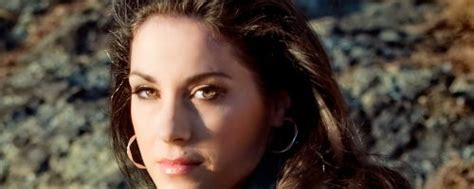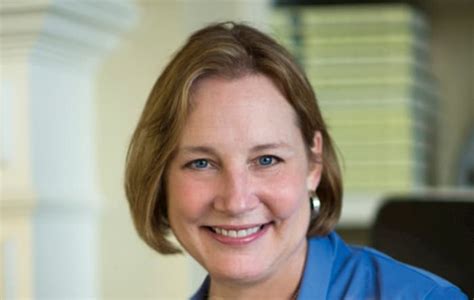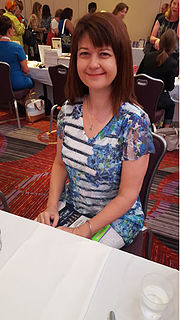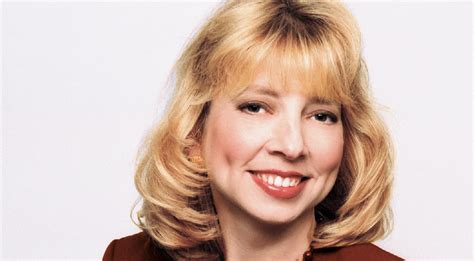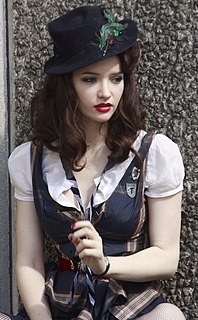A Quote by Chevy Stevens
I was supposed to be cleaning out the barn, but I was usually reading romance novels. That's how you grow up to be a thriller writer.
Related Quotes
Since my romance novels had all been thrillers as well, it wasn't such a leap for me to move into the straight thriller genre. The most difficult part, I think, was being accepted as a thriller writer. Once you've written romance, unfortunately, critics will never stop calling you a 'former romance author.'
For readers worldwide, the attraction of romance novels seems to be that they provide hope, strength, and the assurance that happy endings are possible. Romance makes the promise that no matter how bleak things sometimes look, in the end everything will turn out right and true love will triumph -- and in an uncertain world, that's very comforting.
I sold my first short story while I was home on maternity leave, then began working on novels. Since I was reading and enjoying romance novels at the time, the first two unpublished manuscripts I wrote were both romances. I sold my third novel, 'Call After Midnight,' to Harlequin Intrigue after submitting it unagented.
The writers who inspire me most are all women: Enid Blyton, Agatha Christie, Margaret Mitchell and Emily and Charlotte Bronte. As for contemporary novels, one of my favourites is 'Everyone Brave is Forgiven' by Chris Cleave. It's the sort of book to read if you've fallen out of love with reading - it reminds you just how brilliant novels can be.
One of the most useful parts of my education as a writer was the practice of reading a writer straight through - every book the writer published, in chronological order, to see how the writer changed over time, and to see how the writer's idea of his or her project changed over time, and to see all the writer tried and accomplished or failed to accomplish.
